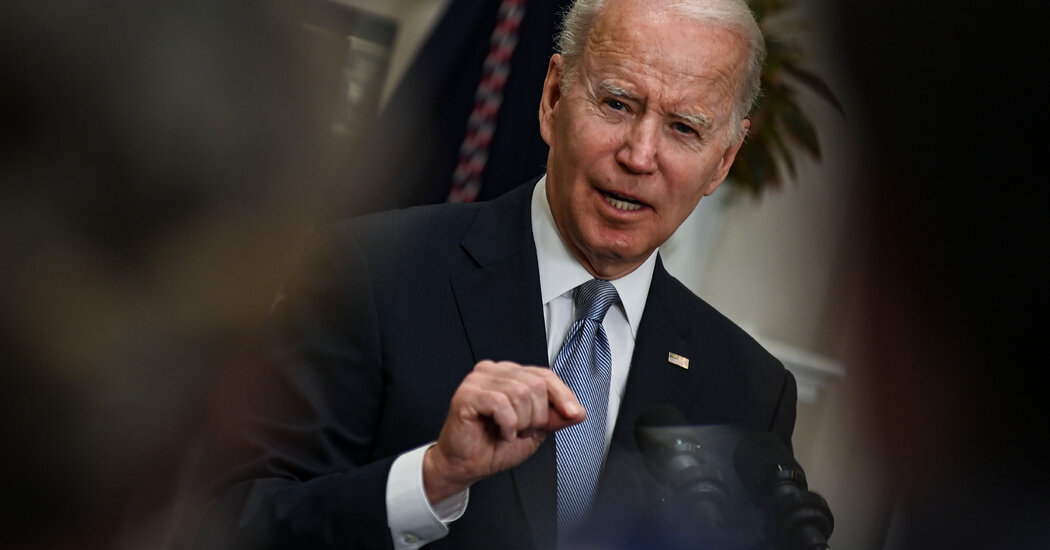These efforts often contribute to strong stock market returns leading up to presidential elections, when it is in presidents’ greatest interest to sti
These efforts often contribute to strong stock market returns leading up to presidential elections, when it is in presidents’ greatest interest to stimulate the economy.
In the first half of a presidential term, however, when the White House and Congress get down to the mundane business of governing, there is frequently a compelling need to pare down government spending or to encourage (substitute “pressure,” if you prefer) the nominally independent Federal Reserve to raise interest rates and restrict economic growth. The best time to inflict pain is when a presidential election is still a few years away, or so the theory goes.
As Mr. Hirsch told me back then, it’s good politics “to get rid of the dirty stuff in the economy as quickly as possible,” an exercise in fiscal and monetary restraint that tends to depress stock market returns in the second year of a presidential cycle.
That would be where we are now.
Where Biden Stands
Through March, despite the bad stretch in the market this year, stock returns have been comparatively good during the Biden presidency, with a cumulative gain in the Dow of 12.1 percent, well above the median of 8.1 percent since 1901. In the equivalent period, the Dow under Mr. Trump gained 22.2 percent.
Both performances were vastly behind those of the leaders, according to Ned Davis Research. The top three, from inauguration through March 31 of their second year in office, were:
-
Franklin D. Roosevelt in his first term, 89.2 percent.
-
Ronald Reagan in his second term, 48.2 percent.
-
Barack Obama in his first term, 31.1 percent.
What are we to make of all this?
Well, the pattern of the presidential cycle suggests that the market will begin to rebound late this year and rally next year — the best one, historically. That result is unlikely, though, if the Federal Reserve’s fight against inflation plunges the economy into a recession, as some forecasters, including those at Deutsche Bank, are predicting.
I wouldn’t count on any of these predictions or patterns. As an investor, I’m doing my usual thing, buying low-cost index funds that mirror the broad market and hanging on for the long term.
www.nytimes.com
